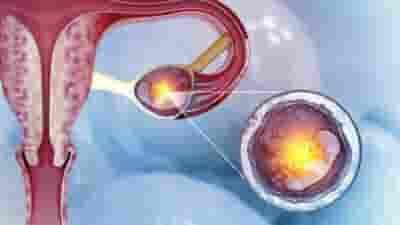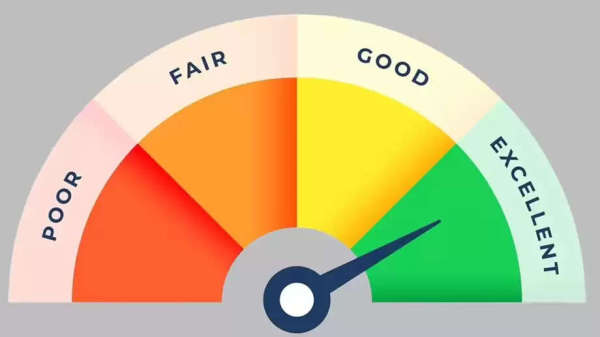
Republican Representative Kat Cammack recently opened up about a life-threatening medical emergency she faced last year that underscored the confusion surrounding Florida’s newly enforced six-week abortion law. Cammack, who is vocally anti-abortion and co-chairs the House Pro-Life Caucus, was diagnosed with an ectopic pregnancy—a nonviable and dangerous condition. Despite the clinical urgency, her treatment was delayed as hospital staff hesitated, uncertain about the legal implications of administering a drug commonly used in such cases.
Eventually doctors gave her a dose of methotrexate—a medication that halts the growth of embryonic cells—after Cammack herself looked up state statutes and attempted to contact the governor’s office. Florida's abortion law took effect on May 1, 2024 and prohibits most abortions after six weeks. However, it allows exceptions when the pregnant person's life is in danger. Still, the ambiguity surrounding the law left providers fearful of prosecution.
In an interview with The Wall Street Journal, Cammack blamed “fearmongering” by pro-abortion rights groups for creating panic among providers. Yet, she acknowledged that those on the other side may see her ordeal as evidence that strict laws are preventing timely medical care. “There will be some comments like, ‘Well, thank God we have abortion services,’ even though what I went through wasn’t an abortion,” she said.
Cammack’s case draws renewed attention to a critical question: What is an ectopic pregnancy, and why does it require emergency treatment—not abortion care?

Understanding ectopic pregnancy
An ectopic pregnancy occurs when a fertilized egg implants outside the uterus, most often in the fallopian tube. Since these structures cannot expand like the uterus, they cannot support a developing pregnancy. Unlike typical pregnancies, an ectopic pregnancy cannot result in a live birth and is nonviable from the start. Medical treatment, such as an injection of methotrexate or surgical intervention, is essential to prevent life-threatening complications. This is not considered an abortion in the legal or clinical sense, as the intent is to treat a failed pregnancy and preserve the patient’s health—not to terminate a viable one.
Symptoms and warning signs to watch for
In the early stages, symptoms of an ectopic pregnancy may resemble a normal pregnancy, including missed periods and mild discomfort. However, as the condition progresses, more alarming symptoms may develop, such as:
Vaginal bleeding
Sharp or persistent abdominal or pelvic pain
Dizziness, weakness, or fainting

Shoulder pain or rectal pressure (in cases of internal bleeding)
-
In Raja Raghuvanshi Rerun, Telangana Man Killed By Wife And Lover Days After Wedding

-
'Grandson Left Me Here': 60-Year-Old Woman Battling Skin Cancer Found In A Pile of Garbage in Mumbai

-
MP Anganwadi Vacancies 2025: Recruitment for 17,477 Anganwadi posts in MP, 12th pass can apply..

-
UP Teacher Bharti: More than 50 thousand teachers will be recruited in UP, draft is being prepared, know what is the update on the notification..

-
CIBIL Score: After how many days of loan repayment will the CIBIL score be updated, know the RBI rules..
